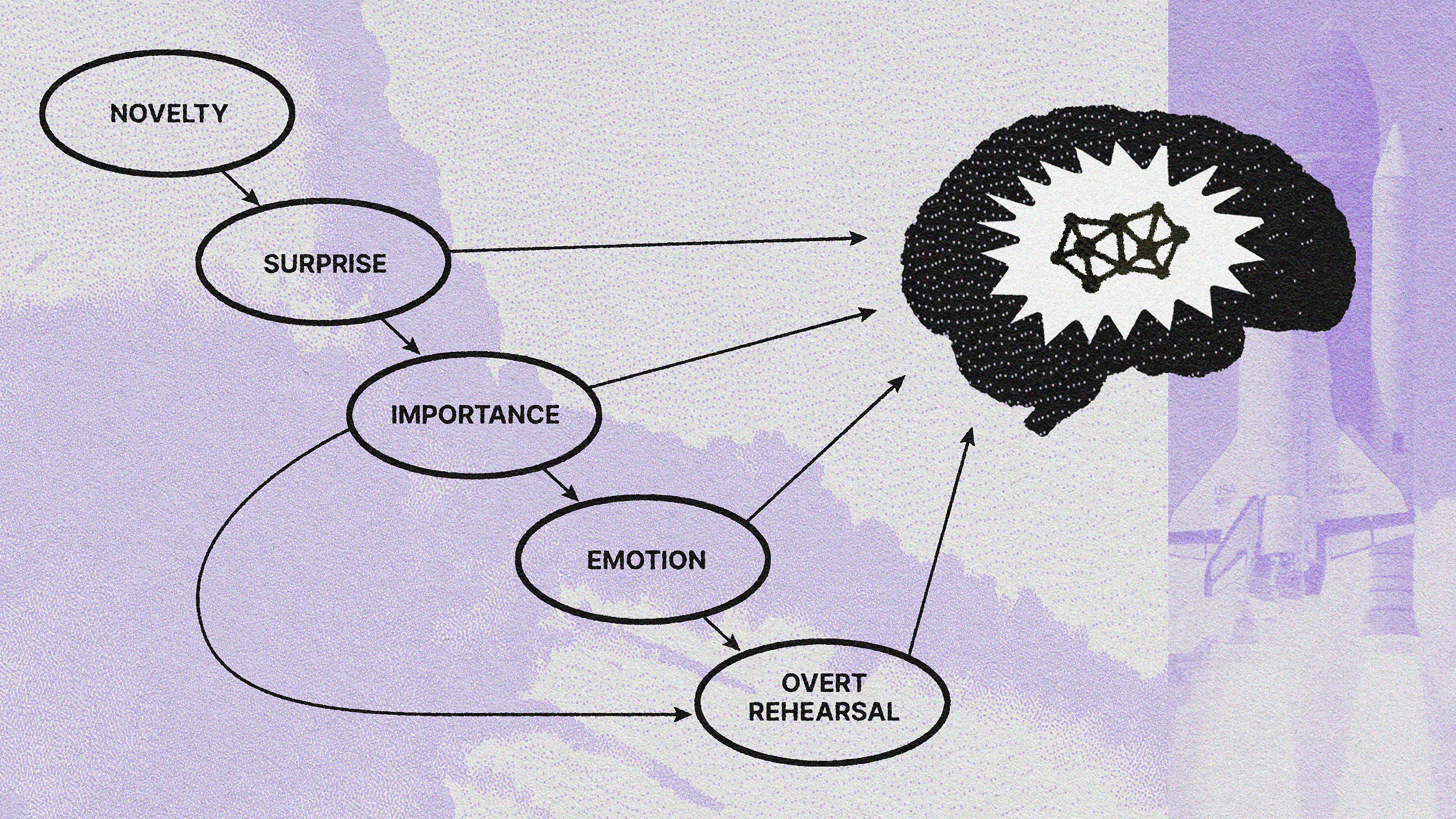Do We Remember 9/11 Accurately?

What’s the Latest Development?
Just days after the 9/11 attacks, neuroscientist John Gabrielibegan researching how people recalled the event to better understand how memory of traumatic events change over time. “We asked about 3,000 people for specific information about their experiences on 9/11, such as details of the attacks, details about how they learned about the attacks, where they were, who they were with and what emotions they felt. Then, we asked the same questions to the same people about a year later and again about three years later; we are now doing a 10-year follow-up.”
What’s the Big Idea?
Gabrieli’s research revealed that, while traumatic events may create deep impressions in our memory, the accuracy of our recollections decrease over time. “When people have a very emotional experience, they feel they have a ‘flashbulb memory’ that is highly accurate and detailed, and one that they will never forget,” said Gabrieli. But the subjects in his research steadily recalled events less accurately as the years went by. More generally, the research showed the importance of emotion in creating memory and that emotional reactions are relatively difficult to remember.”





